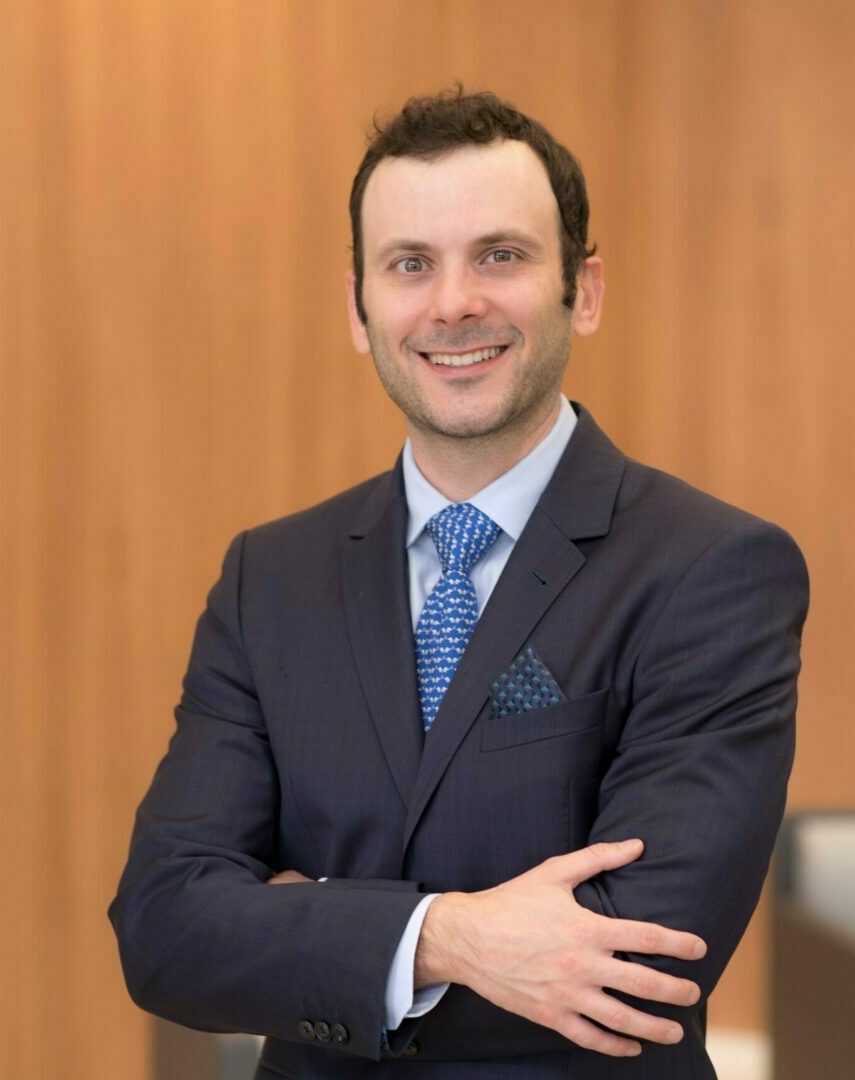* Editor’s Note: Dr. Safahieh will lead a conversation for parents about gaming, social media and mental wellness Wednesday, Sept. 11 from 6-8 p.m. at Capistrano Valley High School.
Studies have shown that video games and other addictions, such as alcohol and nicotine, affect neural pathways in similar ways: They all lead to an increase in dopamine levels in specific pleasure centers of the brain.
While drugs increase dopamine levels far more than video games, gaming can have a similar deleterious effect of “taking over” a person’s life.
One of the key ways that gaming addiction differs from other addictions is that it goes unnoticed or accepted for far longer. We will sometimes even push our kids to play video games as a way to keep them safe and quiet, but what we don’t realize is that we might be perpetuating an addiction.
When parents bring up the social isolation problem with kids, they’ll often say, “I have friends. They’re online and I play with them.” But if they’re only getting engaged socially online that reinforces that they don’t need to go out into the community.
A lot of kids only find pleasure in these video games, and that addiction leads towards depression, impairment, sleep disturbances, energy loss, focus issues and a loss of pleasure in different aspects of their lives. If you see these things, those are red flags.
Also, if they play for hours without taking a break, without eating, if you notice weight loss, it’s time to take the video games away.
Another big red flag is if kids become violent or threaten suicide if you try to limit their play. We’ve seen this happen, and parents had to seek psychiatric hospitalization.
“Gaming disorder” isn’t limited to teens – adults and very young children are susceptible, too. When we recently presented in front of a local school district, it was the elementary school principals who were most interested because they are seeing skyrocketing rates of depression and anxiety as a direct result of device use and video game addiction.
We all know of toddlers who can use an iPad better than their parents. The human brain isn’t fully developed until the age of 24, so the younger these kids start with devices, the more issues they are likely to have.
If you think of brain development as going down an assembly line, video games, social media, and any excessive screen time all interfere with that assembly line and can change the circuitry.
I should add that video games are not the only culprit. Studies are now revealing that more than 30 minutes of social media use per day in teens leads to increased rates of depression and anxiety. Social media use should be restricted until high school and parents should have full access and passwords to their children’s social media accounts until they are 18.
To help children understand what is happening and why, mental health professionals can serve as neutral third parties to provide unbiased, non-judgmental information about how excessive video game use and screen time directly impacts brain development.
The most effective treatment, of course, is prevention. Institute limits on device use. Academics, social interactions and physical activity should be prioritized and only then should video games be allowed. Every family will have their own rules, but most kids should not be playing more than 1-2 hrs per day, preferably less than 1 hour per day.
If limits are difficult to maintain, there are apps that parents can buy that set up timers on devices. The device will simply shut down when the timer goes off. With these hard, cold boundaries, there is no arguing with mom or dad.
As a psychiatrist who also treats adults, I occasionally have to gently confront parents who may be addicted to their devices as well. If a child reveals that mom or dad are on their laptops or devices at all hours, even at dinner, I’ll step aside and speak to the parent one-on-one. Like I said, gaming and device addiction doesn’t just affect teens.
Sina Safahieh, M.D., is a child and adolescent psychiatrist and the Medical Director of the ASPIRE program (After-School Program Interventions and Resiliency Education). Hoag’s Pickup Family Neurosciences Institute is offering the acclaimed ASPIRE program as an evidence-based intensive outpatient program to treat teen anxiety, depression and other mental health conditions.

